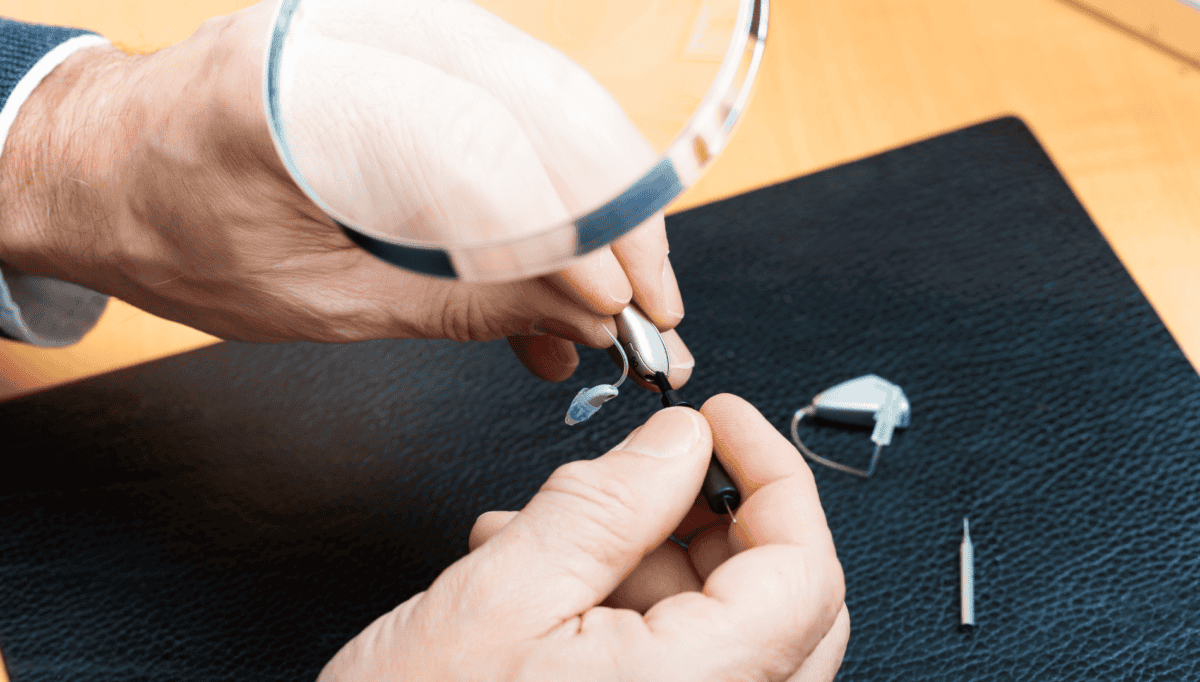- Understanding the Connection Between Tinnitus and Weather - May 17, 2025
- The Most Unexpected Reasons Hearing Aids Can Malfunction - May 9, 2025
- How OAE Testing Unveils Hidden Hearing Loss - April 15, 2025
Hearing aids are intricate devices designed to enhance auditory experiences for those with hearing loss. However, they are not immune to malfunctions. Understanding the reasons behind these malfunctions can help take preventative measures and ensure the devices continue to function optimally. Here, we discuss some unexpected reasons why hearing aids might malfunction and offer tips on how to prevent common issues.
Moisture Buildup Issues
Moisture is an often-overlooked culprit behind hearing aid malfunctions. Humidity or perspiration can seep into the tiny electronic components, causing them to short-circuit. Daily activities, like being caught in the rain, can introduce moisture to the device.
To prevent this, consider using a dehumidifier or drying kit designed for hearing aids. These solutions help remove any trapped moisture, protecting the sensitive electronics. Keeping hearing aids dry is a key step in maintaining their functionality.
Earwax Accumulation
Earwax, while natural, can disrupt hearing aid performance significantly. It can clog the device’s microphone and receiver, leading to reduced sound quality or complete malfunction. Regular cleaning prevents earwax from becoming a serious issue.
Use a soft brush to gently clean the hearing aids, focusing on areas prone to wax buildup. Specialized cleaning tools are available for more thorough maintenance. Frequent cleaning ensures the hearing aids remain clear and operational.
Physical Damage Risks
Unexpected physical damage often results in hearing aid malfunctions. Dropping the device or accidentally stepping on it can break the delicate parts, affecting its performance. Even minor cracks or chips can lead to internal issues that disrupt sound quality.
Handle hearing aids with care to avoid unintentional damage. Store in a secure case to protect them while not in use, and use a retention clip to prevent accidental falls.
Battery Problems
Battery issues are another surprising reason for hearing aid malfunctions. The device won’t function as expected if the battery is weak or completely drained. Improper battery storage can also lead to leakage, damaging the hearing aid’s internal circuitry.
Replace old batteries with fresh ones regularly to ensure consistent performance. Keep spare batteries on hand to avoid any interruptions. Proper battery care is important for uninterrupted hearing aid function.
Feedback and Whistling
Unexpected feedback or whistling can be frustrating and disruptive. This often occurs when the hearing aid microphone picks up sound from the speaker, creating a loop. Earwax buildup or an improperly fitted device often causes these feedback issues.
Ensure hearing aids fit snugly and comfortably to minimize feedback risks. Regular cleaning of both the hearing aid and the ear canal is helpful. Seeking an occasional professional adjustment can also help eliminate these concerns.
Wireless Interference
Modern hearing aids often feature wireless technology, which can sometimes malfunction due to interference. Devices like mobile phones, WiFi routers, or even microwaves can cause connection disruptions. This interference may lead to sound distortion or loss of connection.
Keep electronic devices at a suitable distance from hearing aids to minimize interference. Updating hearing aid software can also mitigate some interference issues. Understanding the environment and potential risks can help maintain clear and consistent audio.

